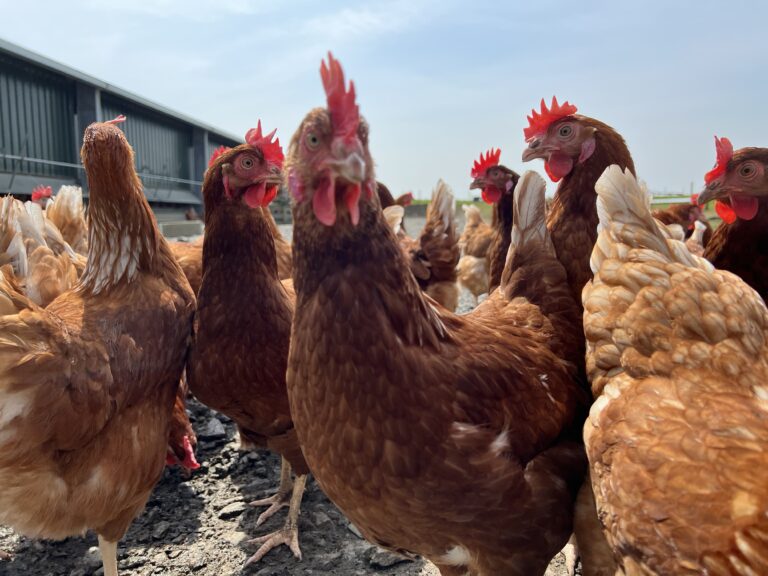A two-decade meta-analysis of 62 global trials across 25 countries has confirmed that the probiotic, Pediococcus acidilactici CNCM I-4622, significantly improves keel bone health and eggshell quality in hens, even over longer laying cycles.
Conducted by Lallemand Animal Nutrition, the study demonstrates how this probiotic continues to play a pivotal role in improving layer welfare and productivity, 25 years after it was first registered for use in Europe under the name Bactocell.
Hannah Elliott, monogastric technical manager at Lallemand Animal Nutrition, said the probiotic’s beneficial impact on gut health translates to improved resilience and performance.
“Across all stages of the laying cycle, studies have confirmed the significant benefits of including 100g (10 billion CFU) of Bactocell per tonne of feed for layers,” she said.
“By improving intestinal health and immune system functioning, the monogastric-specific bacteria has been shown to bring bird mortality down by 33%, on average, vs non-supplemented birds.”
“As well as increasing FCR (feed conversion ratio) by 3.1% and laying rate by 2.7%, Bactocell drastically improves egg quality too – decreasing the broken egg rate by 21% on average and lowering the number of downgraded eggs.”
The research has also shown that this better eggshell quality does not come at the expense of bone health. “Across the on-farm and academic studies, Bactocell-supplemented hens produced eggs with thicker, more resilient shells, and also experienced fewer keel bone health issues, indicating good bone health,” said Elliott.
“This is because the probiotic supports efficient calcium absorption and metabolism, ensuring calcium turnover is optimal for both eggshell formation and bone maintenance.”
This is particularly important for producers looking to extend their laying cycle, even up to 120 weeks of age in some cases, and safeguard hen health and welfare at the same time.


